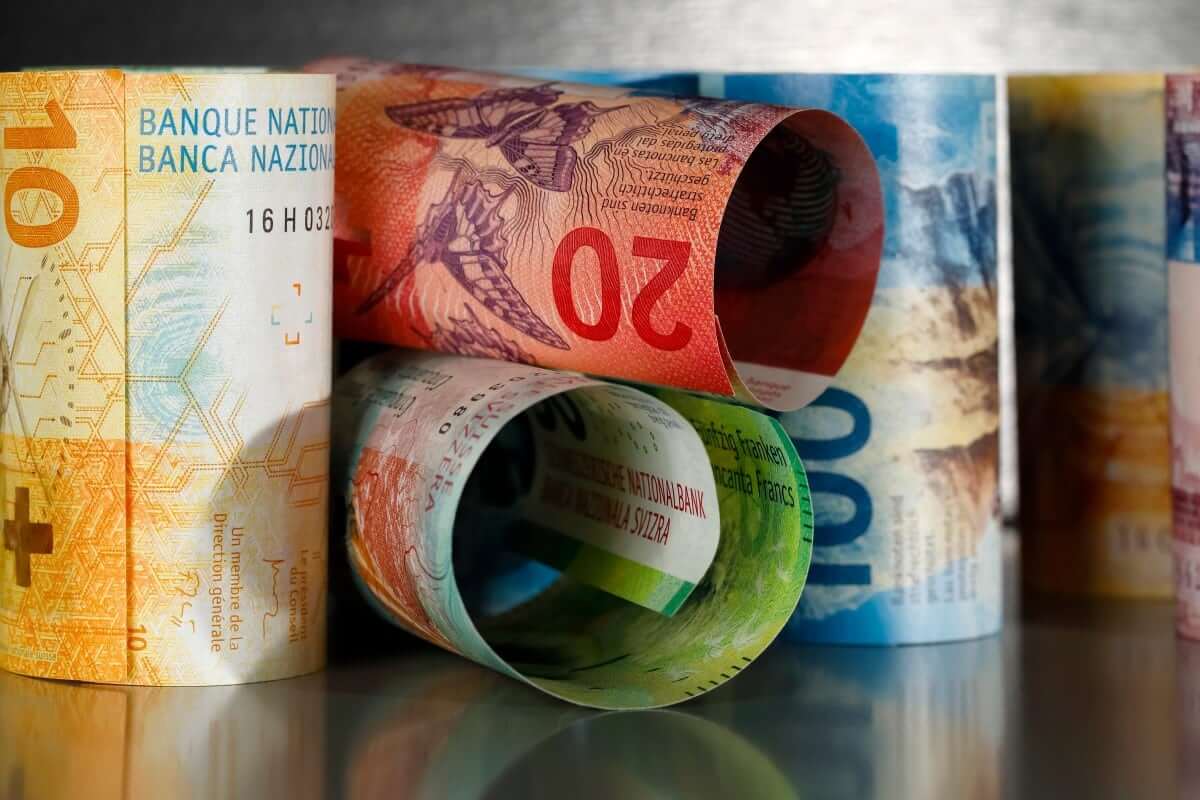
The Japanese yen and the U.S. dollar struggled on Tuesday
The Japanese yen plummeted during today’s session, along with the U.S. dollar. Japan’s new central bank chief hinted that he doesn’t plan to start hiking interest rates in the coming weeks. Instead, he prefers to postpone monetary tightening. Japan firmly maintained its dovish policy, claiming that increasing interest rates might cause the country to plunge into recession. Such a stance caused the yen to suffer many losses over the last months.
The greenback traded in the red in Asia. Market participants were concerned about the banking sector, pushing the dollar lower. In addition, they expect the U.S. Federal Reserve to start lowering interest rates soon.
The yen remained firm against the dollar. It exchanged hands at 134.28 per USD at last. However, the currency plunged to its lowest level since the early 2000s versus the Swiss currency on Tuesday. The JPY stood at 151.35 per Swiss franc.
Meanwhile, the euro surged forward today. Traders bet on the European Central Bank hiking interest rates by a 50-basis point at its meeting next week. Consequently, the common currency jumped above $1.10 overnight. It exchanged hands at $1.1056 in Asia on Tuesday.
However, the forex markets were subdued in Australia and New Zealand due to holidays. Besides, traders avoided sharp moves ahead of several major central bank meetings. The Bank of Japan’s meeting is scheduled for Friday, while the U.S. and European central banks will discuss their policy next week.
ECB board member Isabel Schnabel stated that the bank might deliver a 50 bp rate increase if new data supported such a course. The inflation report will come out before the meeting. On the other hand, French ECB policymaker Francois Villeroy de Galhau thinks the bank should move on a more dovish course.
What about the Aussie and New Zealand dollars?
The Australian dollar declined slightly, trading at $0.6676 on Tuesday. Investors are looking out for inflation data, which is due on Wednesday.
Meantime, the New Zealand dollar soared after trading under pressure last week. The Kiwi exchanged hands at $0.6170 at last, a bit higher than its 200-day moving average.
On Tuesday, the U.S. dollar index tumbled down by 0.4%. It also dropped to a 10-day low of 101.19 earlier in the Asian session.
The emerging market currencies were mostly muted. South Korean shares plummeted by more than 1% today. Stocks in Seoul dropped by 1.4%, falling for a fourth straight session. Despite that, the won climbed up by 0.2%. Thailand’s baht shaved off 0.1%, while stocks decreased by 0.6%.




